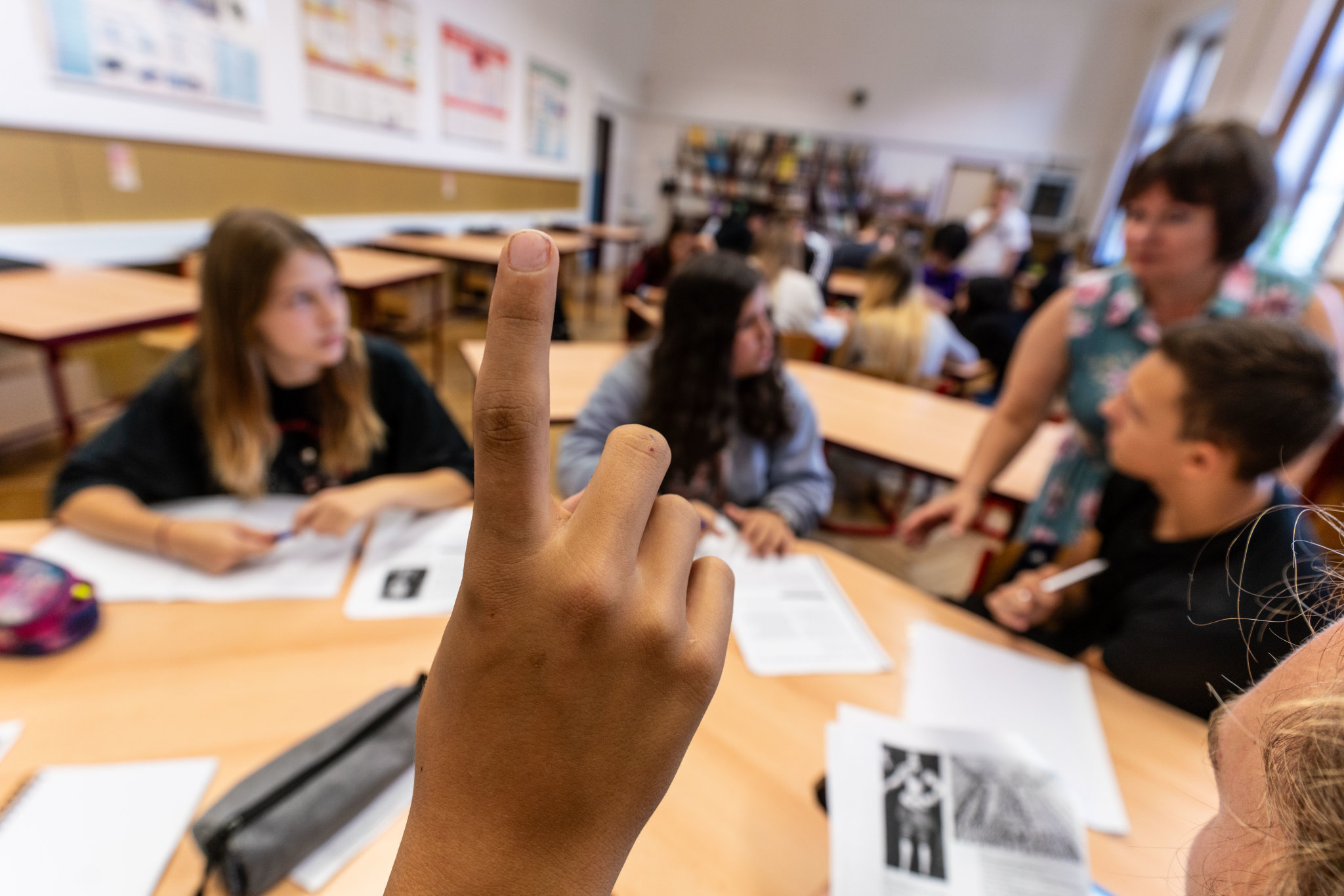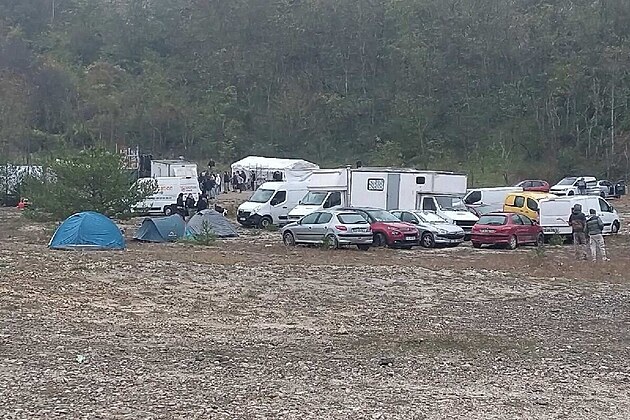Recent reports in the media about the collection of an estimate of the number of Roma children in primary schools have caused strong reactions and much confusion. This process, which has been running regularly since 2015, aims to monitor how the situation of Roma children in Czech education is developing and whether progress is being made in reducing segregation. The collection of data is a response to the decision of the European Court of Human Rights and the pressure of the European Commission, which drew the Czech Republic’s attention to the discriminatory practice against Roma children. This procedure is not a novelty.
Nevertheless, the criteria for saying who is Rom are dubious …
- Miroslav Klempár: Sběr dat o romských dětech na školách probíhá pravidelně už od roku 2015. Je to potřebný nástroj proti diskriminaci, nikoli tajná agenda Lucie Fukové! In: Romea. 03.11.2024. https://romea.cz/cz/komunity/miroslav-klempar-sber-dat-o-romskych-detech-na-skolach-probiha-pravidelne-uz-od-roku-2015-je-to-potrebny-nastroj-proti-diskriminaci-nikoli-tajna-agenda-lucie-fukove






